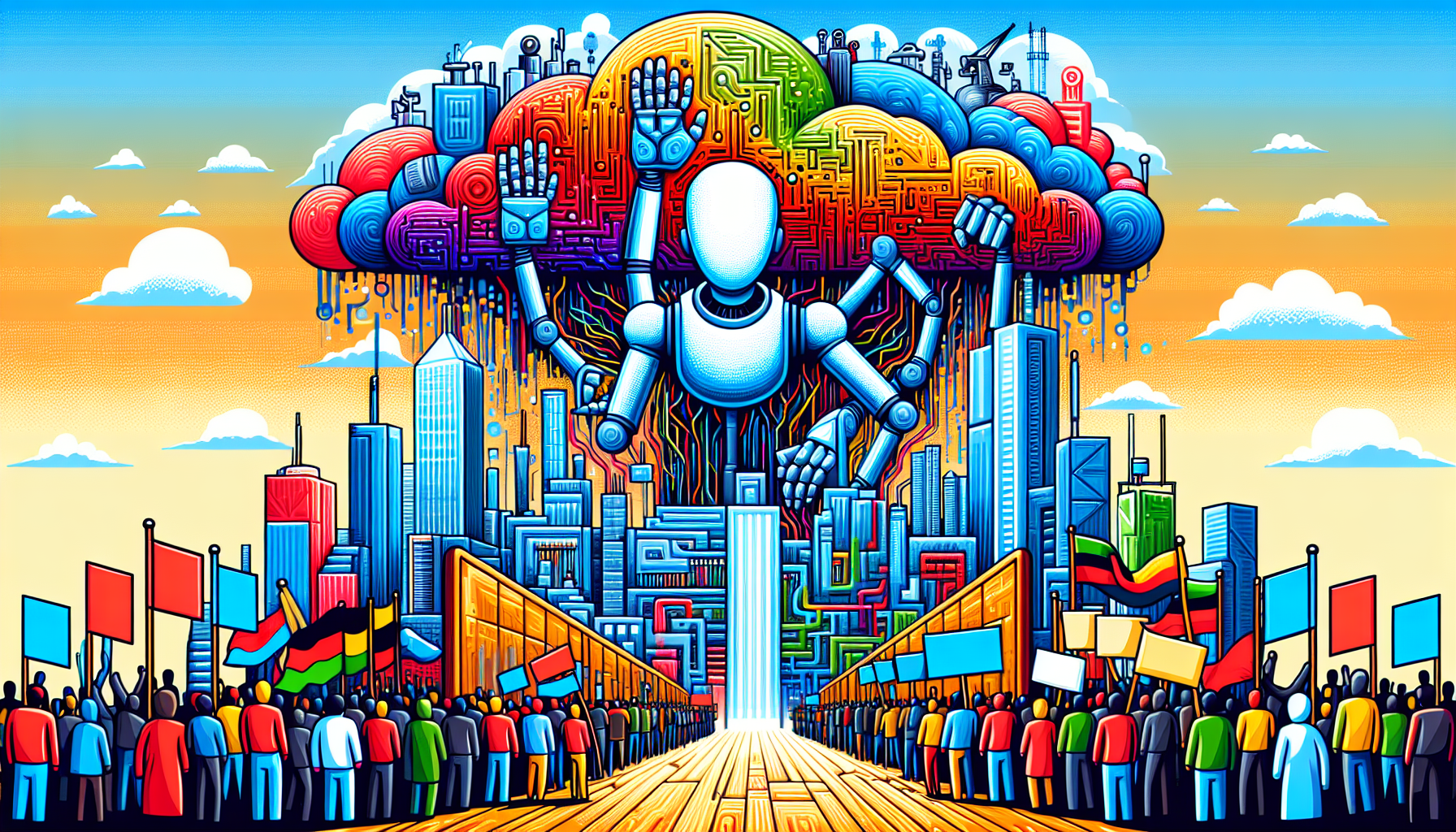
The Screen Actors Guild-AFTRA Strikes Again
The Screen Actors Guild-American Federation of Television and Radio Artists (SAG-AFTRA) has thrown down the proverbial gauntlet. This time, their sights are set on the video game industry with the backdrop of artificial intelligence (AI) terms causing quite a stir. In a world where technology is both friend and foe, video game actors have joined forces to combat the potentially unregulated use of AI. This digital rebellion isn’t just a flash in the pan; there’s a robust narrative filled with valiant demands for justice and perhaps a bit of humor.
The grand controversy revolves around AI’s capabilities to replicate the golden voices and digital personas of actors without a whisper of consent or chink of fair compensation. These actors, who breathe life into beloved video game characters, are determined to ensure that their digital doppelgängers are neither rogue nor paupers. The union’s mission is simple but vital: performers must hold the reins over their digital selves, ensuring their vocal cords and digital likenesses aren’t moonlighting without them knowing.
Players in the AI Arena
Pitted against this union crusade are the industry titans: Activision, Electronic Arts, Insomniac, Blindlight, Disney Character Voices, Formosa Interactive, Take 2 Productions, VoiceWorks Productions, and WB Games. It’s like the cast of an all-star game facing off on a virtual battleground. The demands on SAG-AFTRA’s side read like a wish list to Santa – but considerably more serious. They’re not only asking for AI-driven fairness, but wage hikes, rest time increases (because even digital warriors need a nap), and set medics for the more treacherous tasks. Hazard pay, anyone?
One of the juiciest ongoing dramas is the potential delay in game releases. Given the industry’s reliance on the golden tail of the holiday season for half their annual sales, missing these deadlines would be like missing a high score. Any games on track for a 2025 or 2026 release might find themselves fashionably late to their own launch parties. It’s the kind of plot twist you love to hate.
Virtual Exceptions and Real Precedents
Not all games are caught in this virtual crossfire. If a game was well into production by the time the union sounded the alarm, it’s considered exempt from the strike. This means a gallant few will continue on their noble quest unperturbed, much like heroes who skip the side quests to power straight through the main storyline. But for those games that can’t claim such fortuitous timing, it’s a hard pause.
Striking performers have a list of forbidden activities long enough to rival a game’s terms and conditions. Lending their talents to any affected games is a big no-no, whether they’re acting, singing, dancing, or even telling the world about it on social media. It’s like asking a bard to keep silent during a siege – against their very nature! Drawing upon the history of a previous strike in 2016, which lasted nearly a year, these performers are prepared for the long haul. With the industry facing a digital conundrum, there’s no better time for game actors to roll for initiative and negotiate terms that could very well map the future of their digital dominions.






